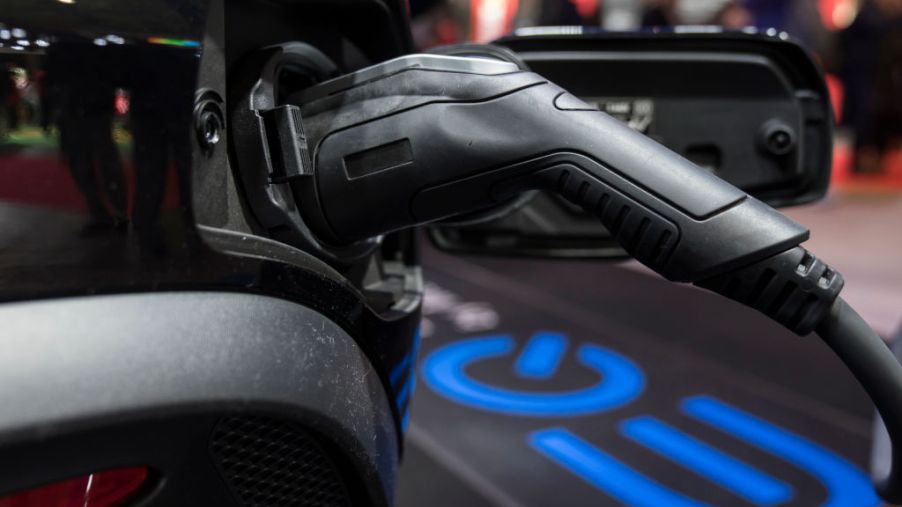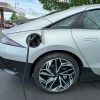
What’s Going to Be the Driving Range on Electric Cars in 2021?
The future of the electric vehicle is ever-changing, with automakers around the world responding to the need for more efficient and environmentally-friendly vehicles. But EVs are still a question mark in a lot of minds, with many unsure of its capabilities and range. Changes in most recent years, however, have brought the longest-driving EVs we’ve ever seen. What will the future electric vehicle battery be capable of?
The fight for electric vehicles: why its battery holds it back
Electric vehicles are a completely different creature than gas-powered predecessors and therefore hard to fully support by many. While most people consider cost and function most when purchasing a “regular” vehicle, other factors are more important in an EV.
Where fuel-power vehicle owners once had to worry about where they’d get gas and how much it would cost, EV owners have a completely different concern: the battery.
After all, an EV’s battery is arguably its most important part; it determines how far you can go and how often the vehicle will need charging. According to The Drive, “range anxiety” is among the top reasons why people stay away from EVs, with more than half of people concerned about running out of power or low charging station availability. But both the cost of building EVs and the technology of their batteries have improved drastically in recent years with more than three-quarters of Americans agreeing that all-electric vehicles are the future.
How far the electric vehicle has come
Today’s electric vehicles are the result of a long, arduous, ambitious history of scientists, engineers, and dreamers. According to the U.S. Department of Energy, some of the first small-scale electric cars were created as far back as 1828, by both the U.S. and Netherlands. Though crude vehicles would follow, the 1870s ushered in an era where electric vehicles would be more practical.
In 1890, William Morrison created the first successful electric vehicle (an electrified wagon) in the U.S. that would first spark the interest of the public. They gained popularity even more in the early 1900s as quieter and easier to drive than other options at the time.
Scientists and innovators began diving into the electric vehicle world, including Thomas Edison, who “thought electric vehicles were the superior mode of transportation.” But a decline in EVs happened when auto giants like Henry Ford came into the picture.
When gas prices began to spike in the 1970s and NASA began using electricity-powered vehicles in its missions, EVs came back on the spectrum of interest. While brands like General Motors began working on their own EVs, the general public became disinterested due to an EV’s lack of driving range (an average of only 39 miles per charge) and performance. It wasn’t until the 1990s that there would be a push for a better and more practical EV. With the introduction of the first mass-produced hybrid in 2000 by Toyota, EVs have just gotten better and better.
Where the future of EV batteries is headed
Battery range in EVs isn’t what it once was, with almost every automaker working on electric technology. Today’s electric vehicles have an average range of between 120-200 miles, with special cases like Tesla making vehicles that hit the 300-to-400-mile range. But demand is making the EV battery better, increasing its storage and power capabilities. In an analysis by Clean Technica, experts speculate the average range of EVs by just 2022 will increase to around 275 miles and will most-likely reach 400 miles by 2028.
According to Consumer Reports, the next few years alone brings new EVs with impressive battery ranges. In 2021, the new BMW i4 EV is expected to have a range of 300 miles or more. Tesla will be releasing another EV capable of going more than 300 miles this year, while Rivian plans to release its all-electric pickup capable of going 400 miles this year as well.


